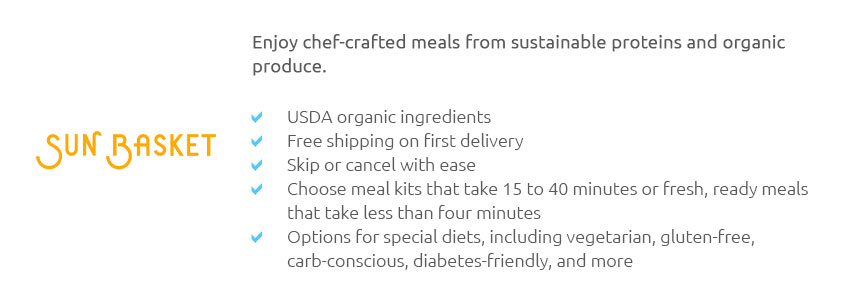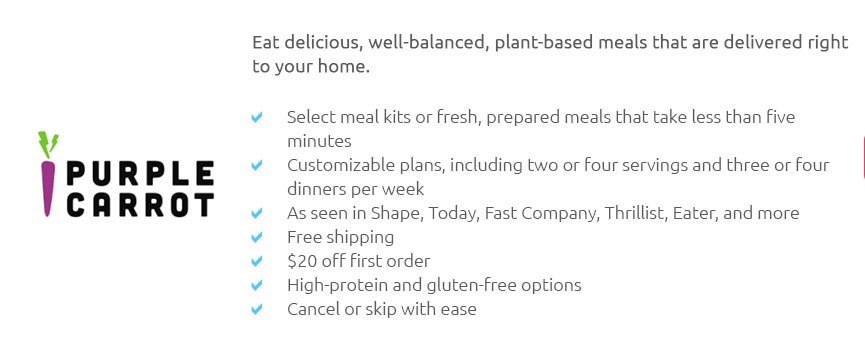 |
 |
 |
|---|
 |
|---|
 |
||||||
|---|---|---|---|---|---|---|
|
||||||
 |
 |
|||||
 |
 |
|||||
 |
 |
|||||
 |
 |
|||||
 |
 |
|||||
 |
 |
|---|
|
svyxfpdcw97 The Intricacies of a Prepackaged Meals Diet: A Comprehensive OverviewIn the bustling realm of modern nutrition, the prepackaged meals diet emerges as a beacon of convenience and structure for those seeking to harmonize their dietary habits with their hectic lifestyles. At its core, this diet revolves around the consumption of meals that are pre-prepared and pre-portioned, offering a streamlined approach to eating that can be both time-saving and nutritionally balanced. However, as with any dietary choice, it is essential to delve into its nuances to determine if it aligns with one's personal health goals and lifestyle needs. The allure of prepackaged meals lies primarily in their convenience. In a world where time is a precious commodity, the ability to simply heat and eat can be a significant advantage. For busy professionals, parents juggling multiple responsibilities, or individuals who simply do not enjoy cooking, prepackaged meals can provide a practical solution. Moreover, these meals often come with nutritional information that is meticulously detailed, allowing individuals to monitor their calorie intake, macronutrients, and other dietary factors with precision. This can be particularly beneficial for those who are trying to lose weight or manage a specific health condition, as it eliminates the guesswork associated with meal planning and portion control. Despite these advantages, it is crucial to approach a prepackaged meals diet with a discerning eye. One must consider the quality of ingredients used in these meals. While some brands prioritize organic, whole-food ingredients, others may rely heavily on preservatives, artificial flavors, and excessive sodium to enhance taste and shelf life. Therefore, reading labels and understanding what goes into each meal is paramount. Additionally, the monotony of eating prepackaged meals can be a downside for some. Humans have an intrinsic desire for variety in their diet, and the repetitive nature of prepackaged meals might lead to palate fatigue.
Ultimately, a prepackaged meals diet can serve as an effective tool in one's nutritional arsenal, provided it is approached with mindful consideration. Balancing the convenience and structure it offers with the potential drawbacks is essential to making it work in one's favor. For those willing to invest the time in researching and selecting the right products, this diet can offer a harmonious blend of simplicity and nutrition. https://eatcleanbro.com/?srsltid=AfmBOooGfgUGNyrztLxy__wJJD-S_mUsJ5ArKPbPmobYk8b5NvohVn7q
Eat Clean Bro - Fresh, Ready-Made Meals Delivered to Your Door - Eat Clean Bro provides dietitian-approved, chef-crafted meals made with real ingredients, ... https://www.nutrisystem.com/?srsltid=AfmBOopkR9JfGnlzgxPCOLNwklFWPMVo_bGXQRcb9EO8XcHNmCKWFd51
Get a proven weight loss solution that works for you. Choose from healthy diet plans with meals delivered to your door, including high-protein choices. https://www.amazon.com/Diet-Kits-Systems/b?ie=UTF8&node=6939043011
Clean Eatz Weight Loss Meal Plan Kit 6-Pack of Low-Calorie,.
|
|---|


